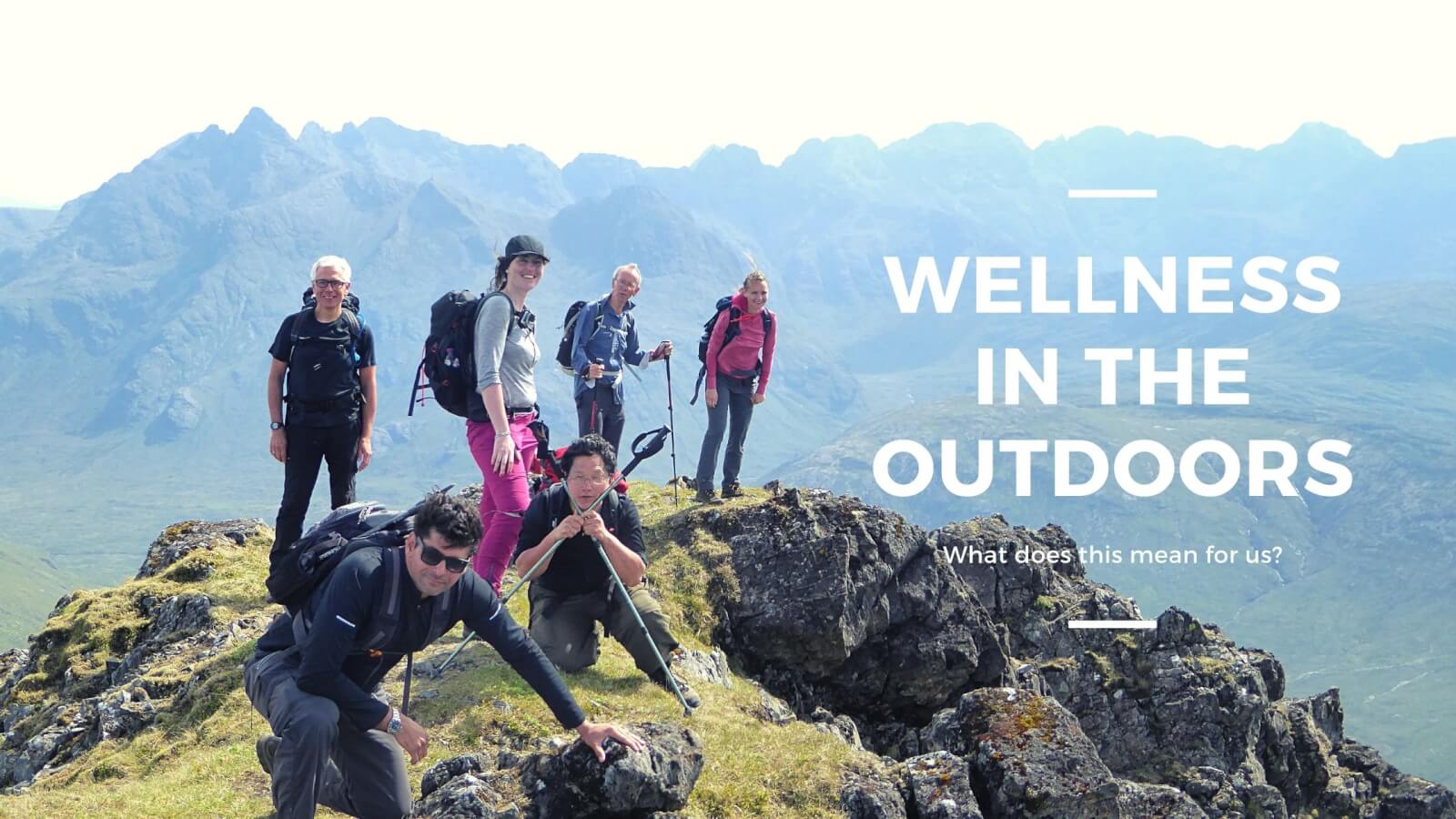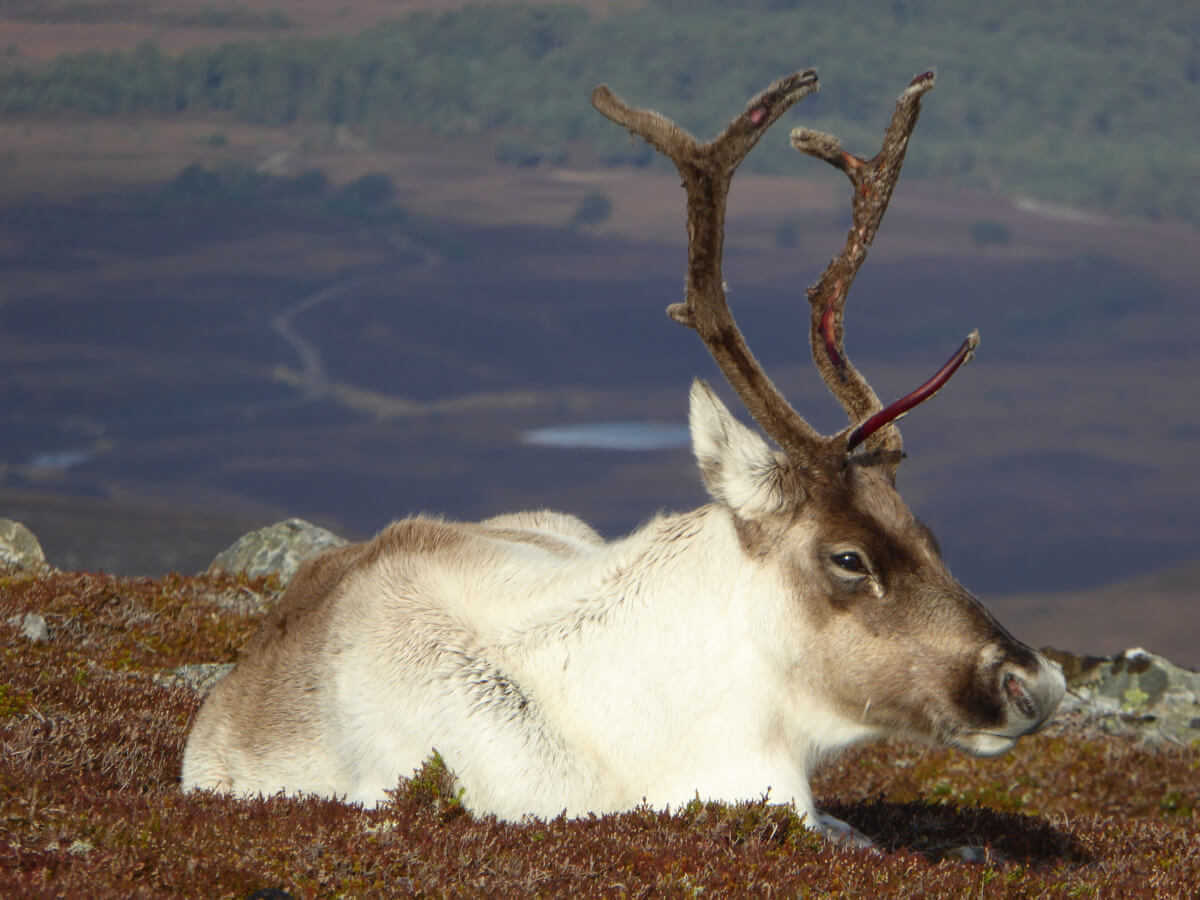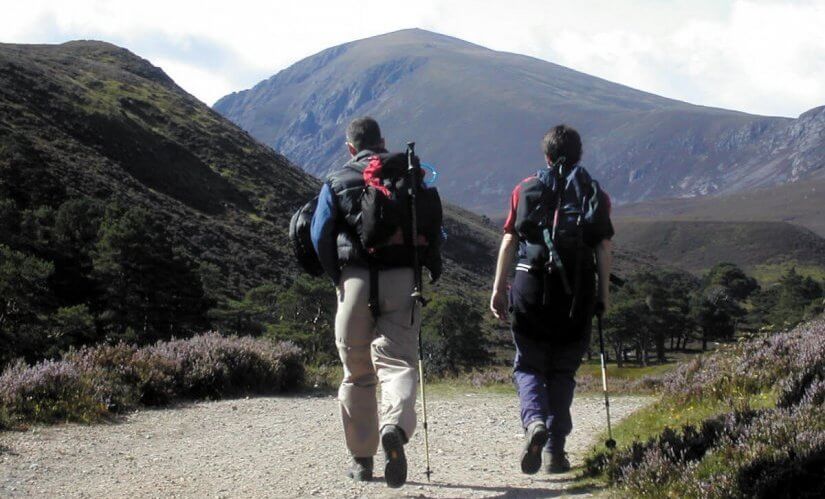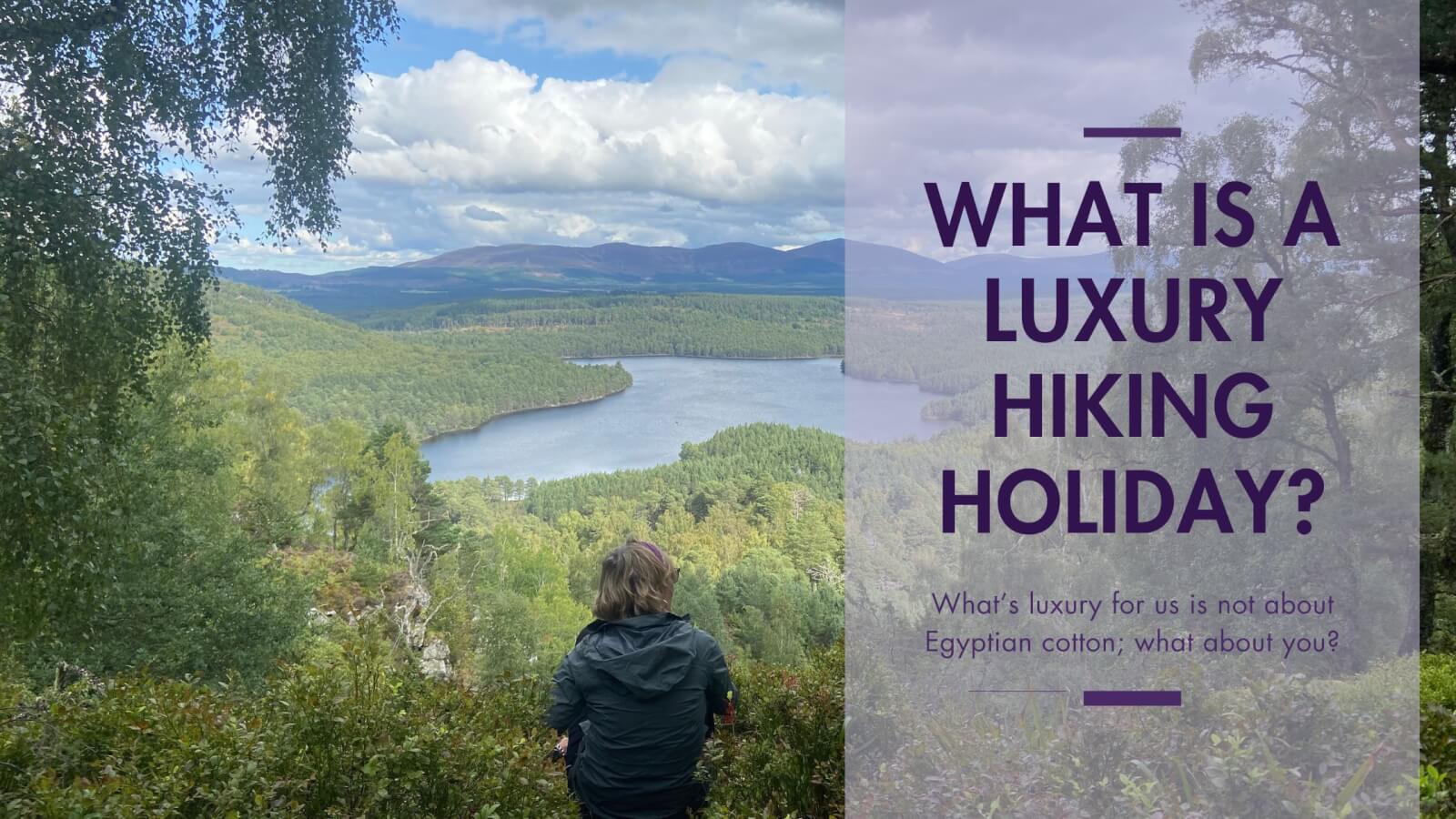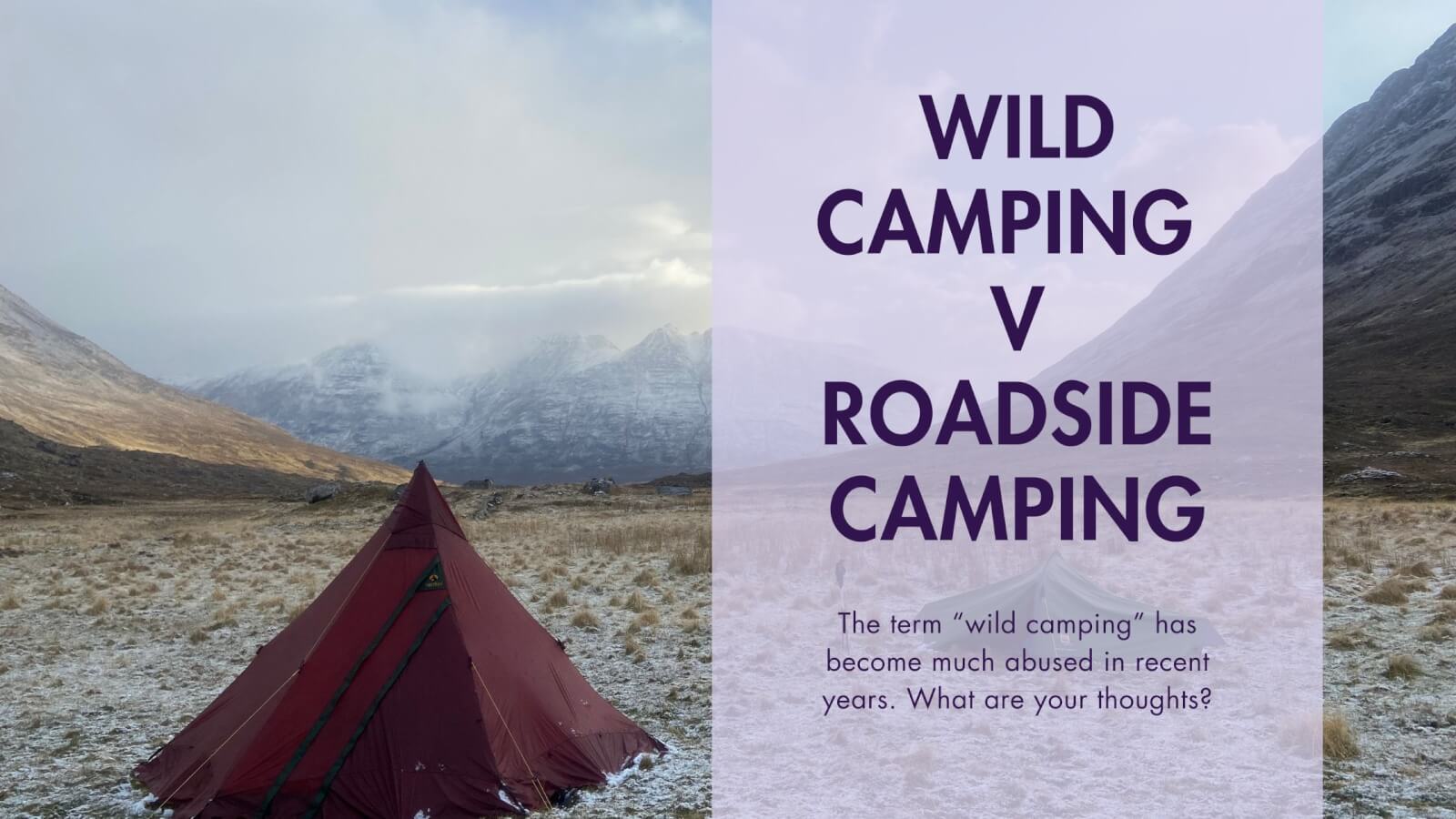What is wellness?
“Wellness is the act of practicing healthy habits on a daily basis to attain better physical and mental health outcomes, so that instead of just surviving, you’re thriving. To understand the significance of wellness, it’s important to understand how it’s linked to health”
The whole concept of wellness was never something I really thought to define before the COVID-19 pandemic created a new focus on mental wellbeing. We’ve never really sat down and put into words the “wellness” aspects of our trips, but people do keep coming back so we must be doing something right.
Spending time in green space or bringing nature into your everyday life can benefit both your mental and physical wellbeing. For example, doing things like growing food or flowers, exercising outdoors or being around animals can have lots of positive effects. It can:
- improve your mood
- reduce feelings of stress or anger
- help you take time out and feel more relaxed
- improve your physical health
- improve your confidence and self-esteem
- help you be more active
- help you make new connections
- provide peer support.
‘We’re outdoor creatures,’ says Dominic Higgins, the first ever nature and wellbeing manager at The Wildlife Trusts. ‘We’re built to be outside,’ he explains. ‘All the evidence shows that too much time spent away from green space can lead to chronic stress and other issues.’
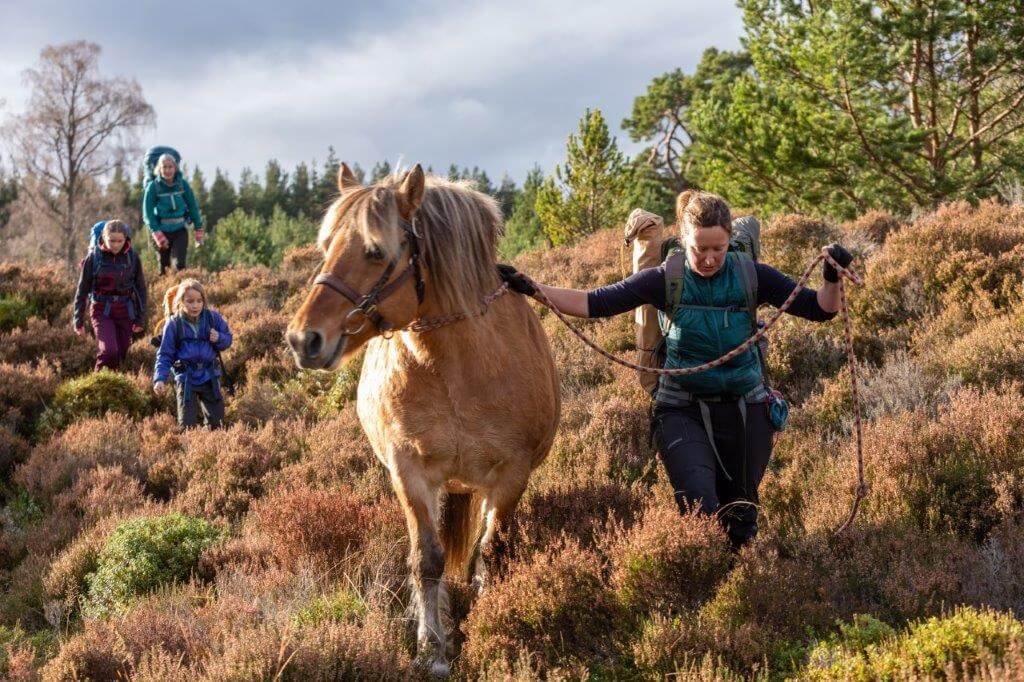
Photo by: Andrew Weild
Most of us have experienced the sense of calm that comes with time spent in the countryside. The fresh air and distractions of nature soothe the mind, and anxieties can be forgotten, however temporarily.
It’s no surprise then that a growing number of health professionals, community workers, naturalists and academics are advocating the use of ‘green therapy’ – time spent immersed in nature – to help those living with mental health difficulties. For example, in Shetland the GPs can prescribe nature for their patients.
‘Nature is therapy,’ Claire Hector, Green Army says. ‘It frustrates me that modern life has become about boxing ourselves up, removing ourselves from nature. It’s sensory deprivation, really. I’m hoping that people are beginning to recognise the vital importance of nature and the wild for our brain health.”
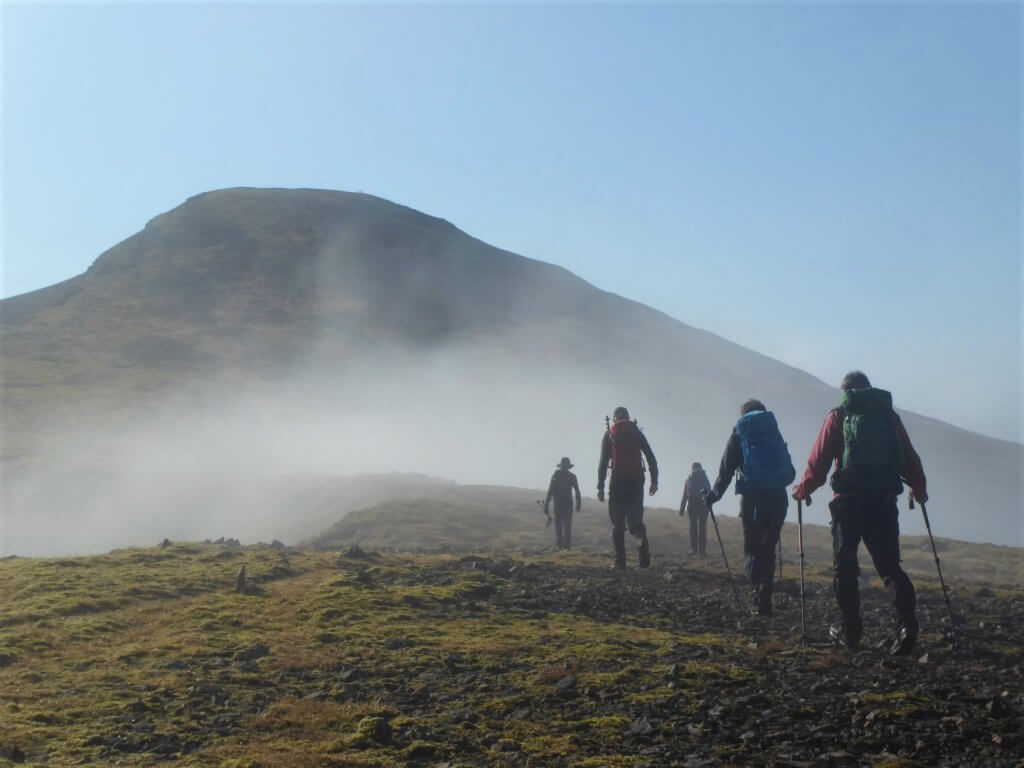
Socially distanced Munro baggers hearing off to the mist
We might not have the right vocabulary to describe our trips and the essence of our business in terms of “wellness”, but this is what we end up providing for our guests – even if many of them wouldn’t put it in these terms either.
Aspects of wellness
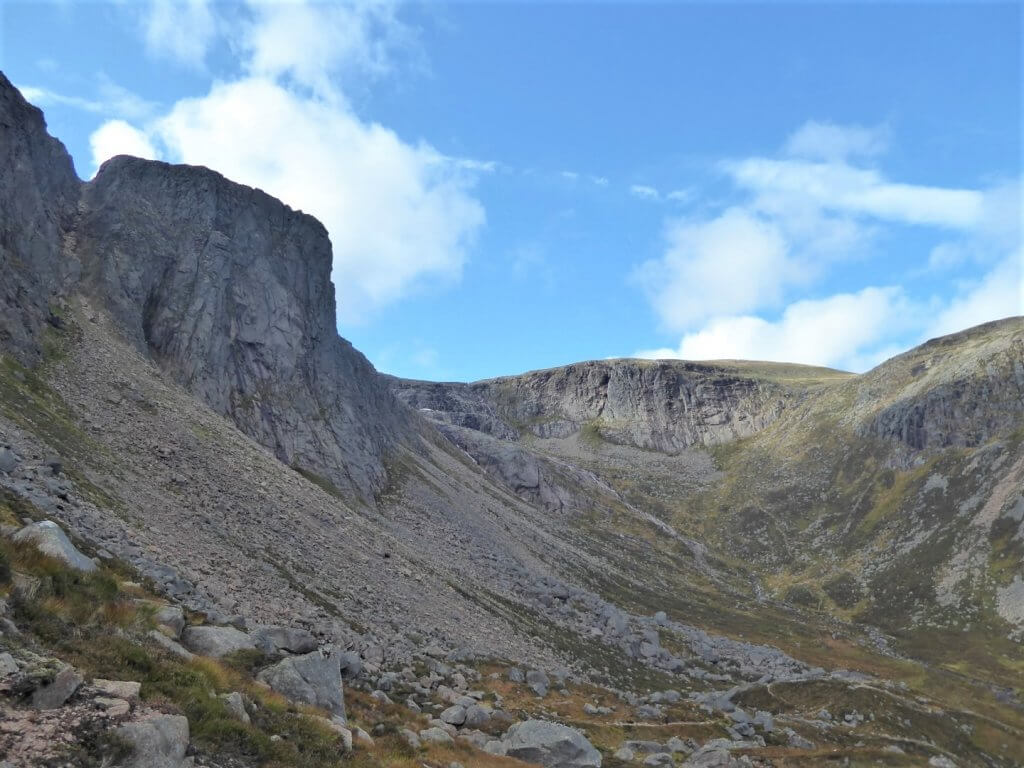
Cliffs of the Cairngorm peaks. Mecca for climbers
So if you’re thinking about taking a break from the city – remember it’s healthy to get outdoors, not just physically but mentally too and though we don’t talk about “wellness” in connection with any of our trips – it’s definitely as part of them. More than a part in fact – it’s central.


